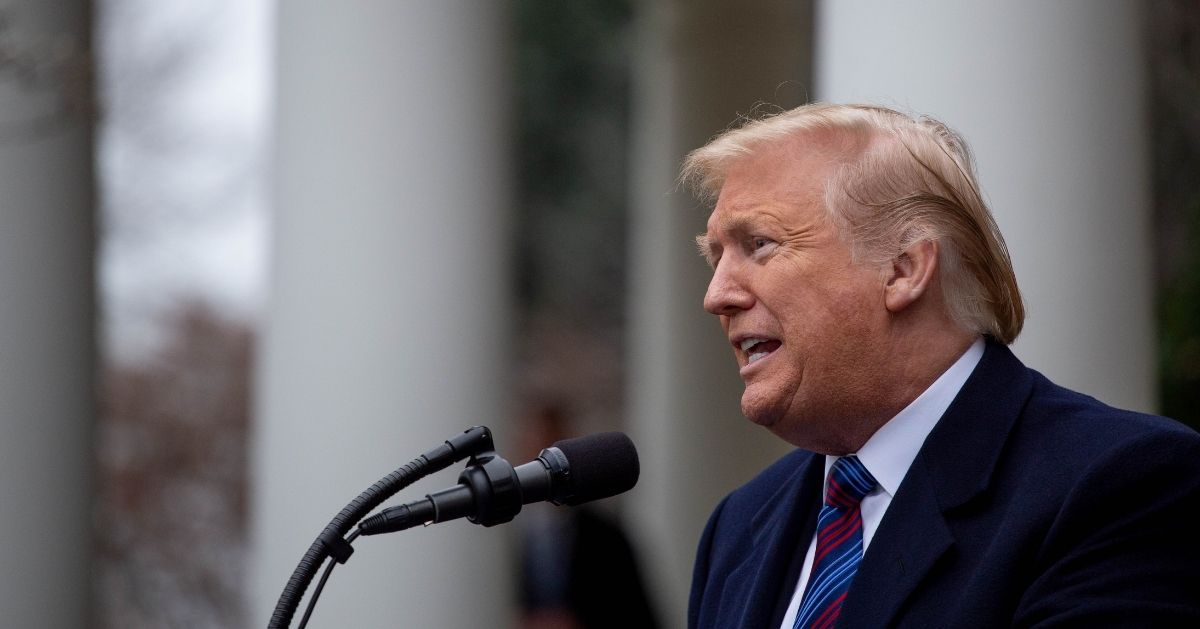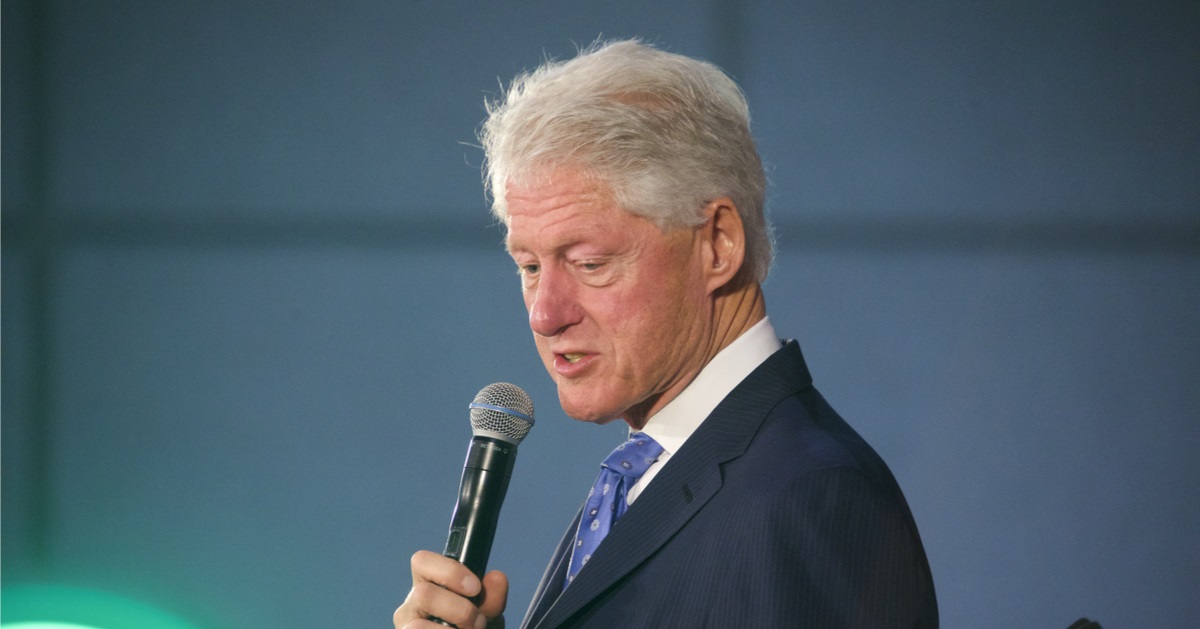Trump temporarily reverses course, reopens exploited 'de minimis' tariff loophole for cheap Chinese imports
Every so often, President Donald Trump will make a move that sparks controversy and then relatively quickly pull back amid an outcry of opposition, either to reformulate and reengage at a later date or to simply move on to something else.
That appears to be what occurred this week with a surprising reversal of a key provision within Trump's order imposing additional tariffs on China, the Daily Mail reported.
At issue here is what is known as the "de minimis" rule that permits law-value foreign imports, such as cheap goods from China, to avoid the collection of duties and tariffs applied to more expensive imports -- a "loophole" that has been grossly exploited to the detriment of the U.S. by China and other foreign trade partners.
Trump ended the "de minimis" tariff avoidance rule for China
On February 1, in an effort to confront the Chinese communist regime over its role in illegal immigration and the scourge of illicit fentanyl trafficking and the opioid abuse crisis, President Trump announced that he had imposed an additional 10% tariff on all Chinese goods imported to the U.S.
That executive order included a provision (g) that stated, "For avoidance of doubt, duty-free de minimis treatment under 19 U.S.C. 1321 shall not be available for the articles described in subsection (a) of this section."
The 19 U.S.C. § 1321 statute covers certain exemptions to U.S. duties and tariffs on imported foreign goods, in this case "shipments of articles" that are priced at less than $800.
The original reason for that exemption was legitimate in that it was often more costly in terms of paperwork and man-hours for U.S. officials to collect duties and tariffs on cheap goods than the amount of revenue the normal duties and tariffs would bring in if enforced.
Unfortunately, as with so many other aspects of U.S. trade policies, allies and rivals alike took full advantage of that exemption, China in particular, and exploited that loophole to not only flood the U.S. with manipulated "shipments" of cheap goods but also used those duty-free goods as cover for other illicit trade, including narcotics and stolen goods, among other things.
Was it the public outcry or the realization of costs exceeding revenues?
According to the Daily Mail, President Trump's ending of the "de minimis" rule via executive order prompted substantial blowback and complaints from U.S. consumers who were suddenly hit with far more expensive shipping bills than were anticipated after ordering goods shipped directly from China, given the additional duties and tariffs now imposed.
To be sure, while the media will only too gladly point to angry TikTok videos as being responsible for an about-face from Trump on closing the "de minimis" loophole, that is likely not the only or even the main reason for the sudden reversal less than a week later.
Indeed, the original intent behind the exemption was likely realized once again, in that the costs of collecting the duties and tariffs on cheap goods from China exceeded the relatively minor total revenue derived from those duties and tariffs on inexpensively priced imports.
Loophole back in place, if only temporarily
Thus, in an amended executive order issued Wednesday, President Trump revealed altered language to subsection (g) of the prior order imposing a new 10% tariff on top of all previously existing duties and tariffs on China.
Subsection (g) now reads: "Duty-free de minimis treatment under 19 U.S.C. 1321 is available for otherwise eligible covered articles described in subsection (a) of this section, but shall cease to be available for such articles upon notification by the Secretary of Commerce to the President that adequate systems are in place to fully and expediently process and collect tariff revenue applicable pursuant to subsection (a) of this section for covered articles otherwise eligible for de minimis treatment."
In other words, the "de minimis" loophole is back open again for China to exploit, albeit only temporarily until the Commerce secretary is able to devise a cost-efficient and revenue-enhancing way to collect duties and tariffs on cheap goods from China.






